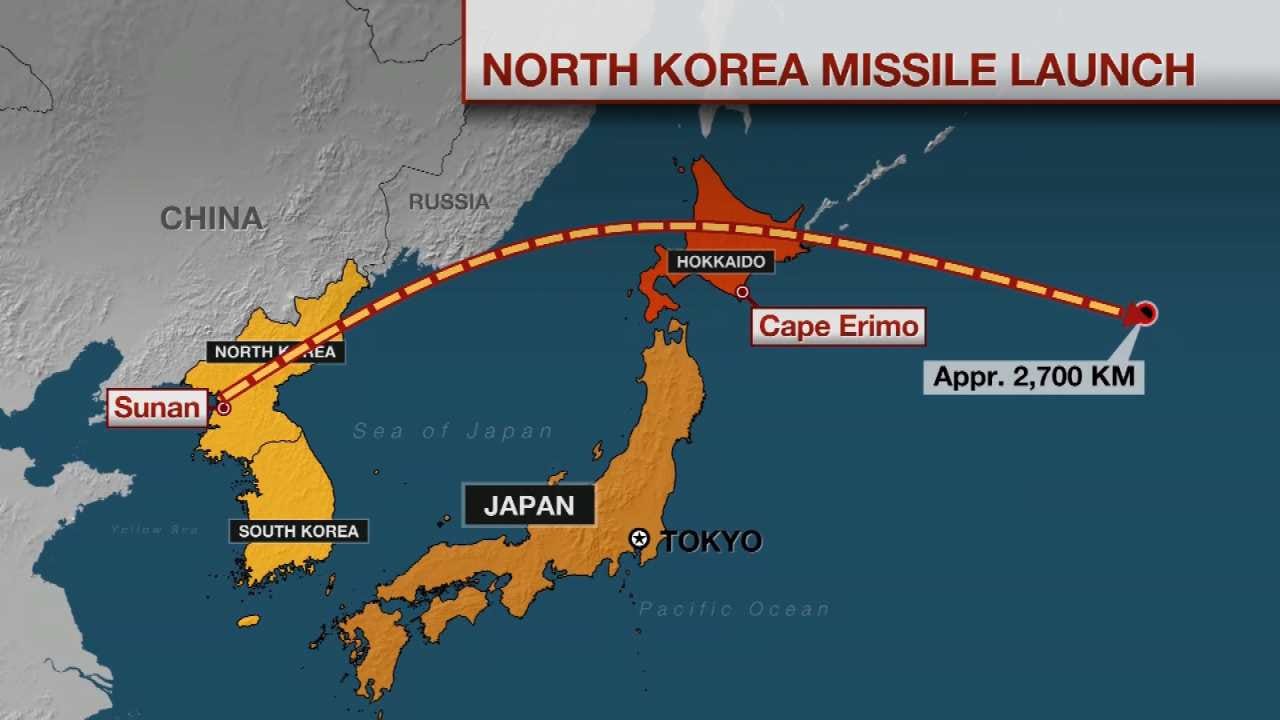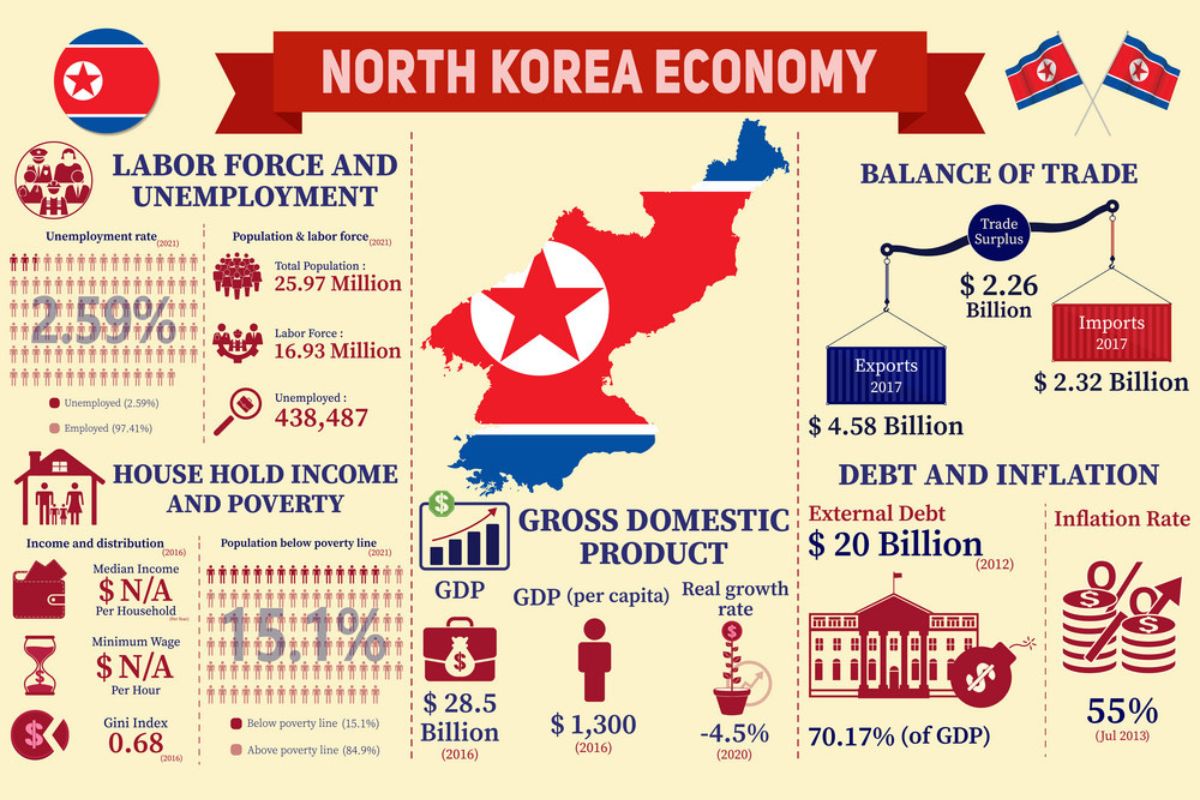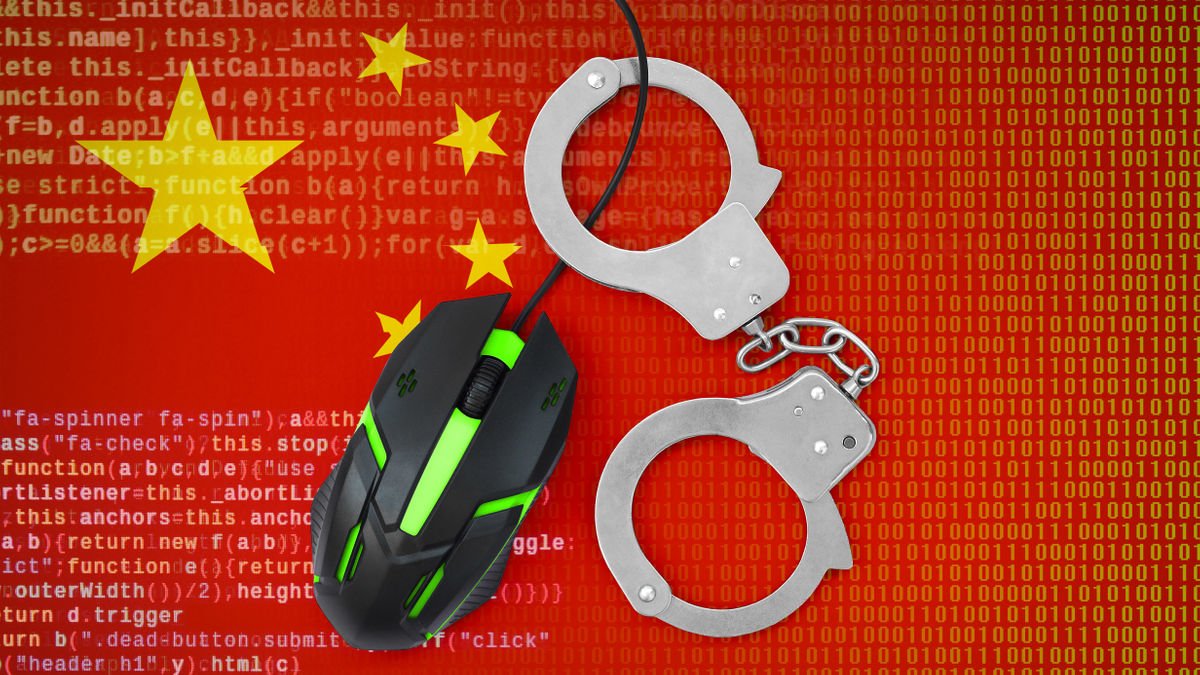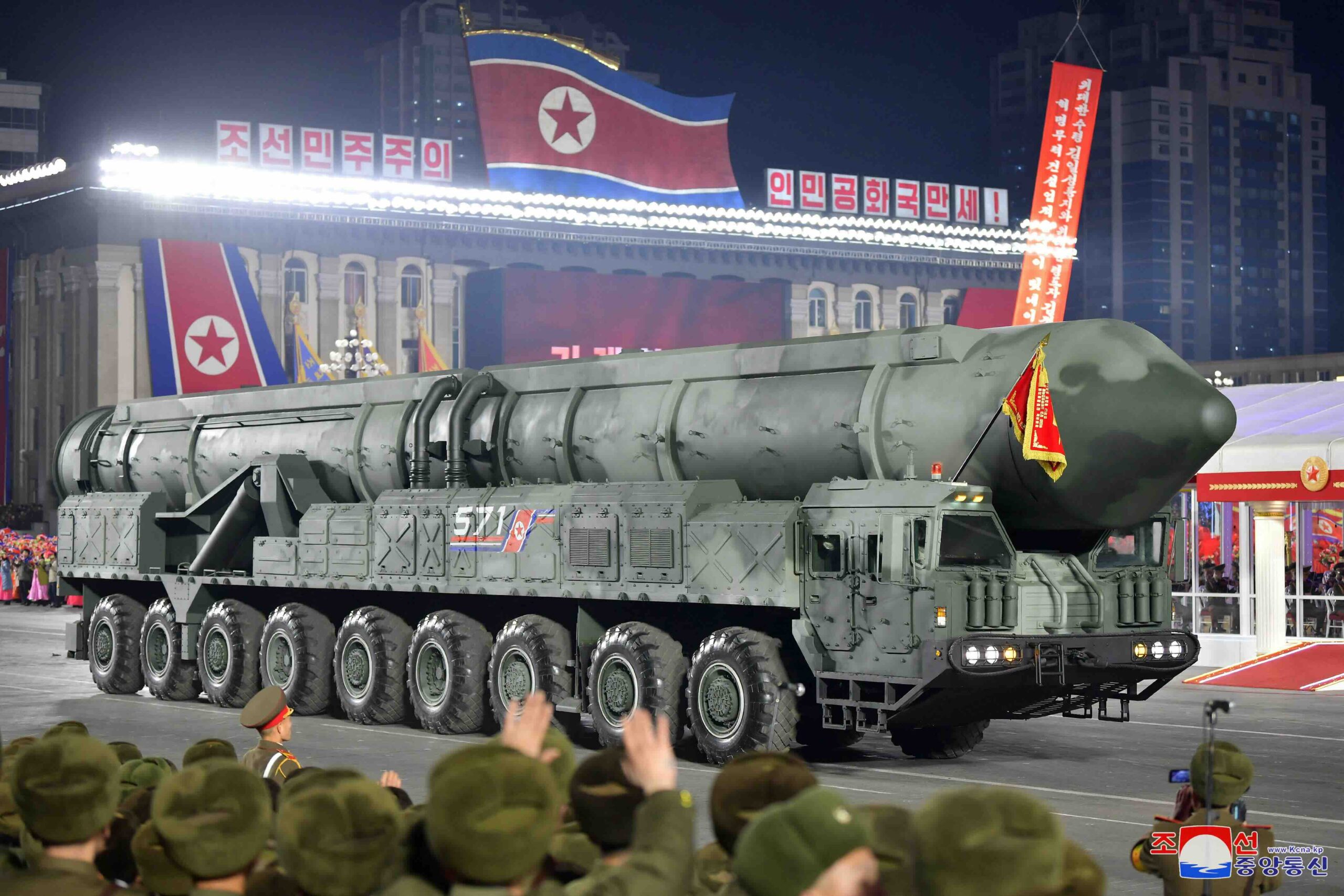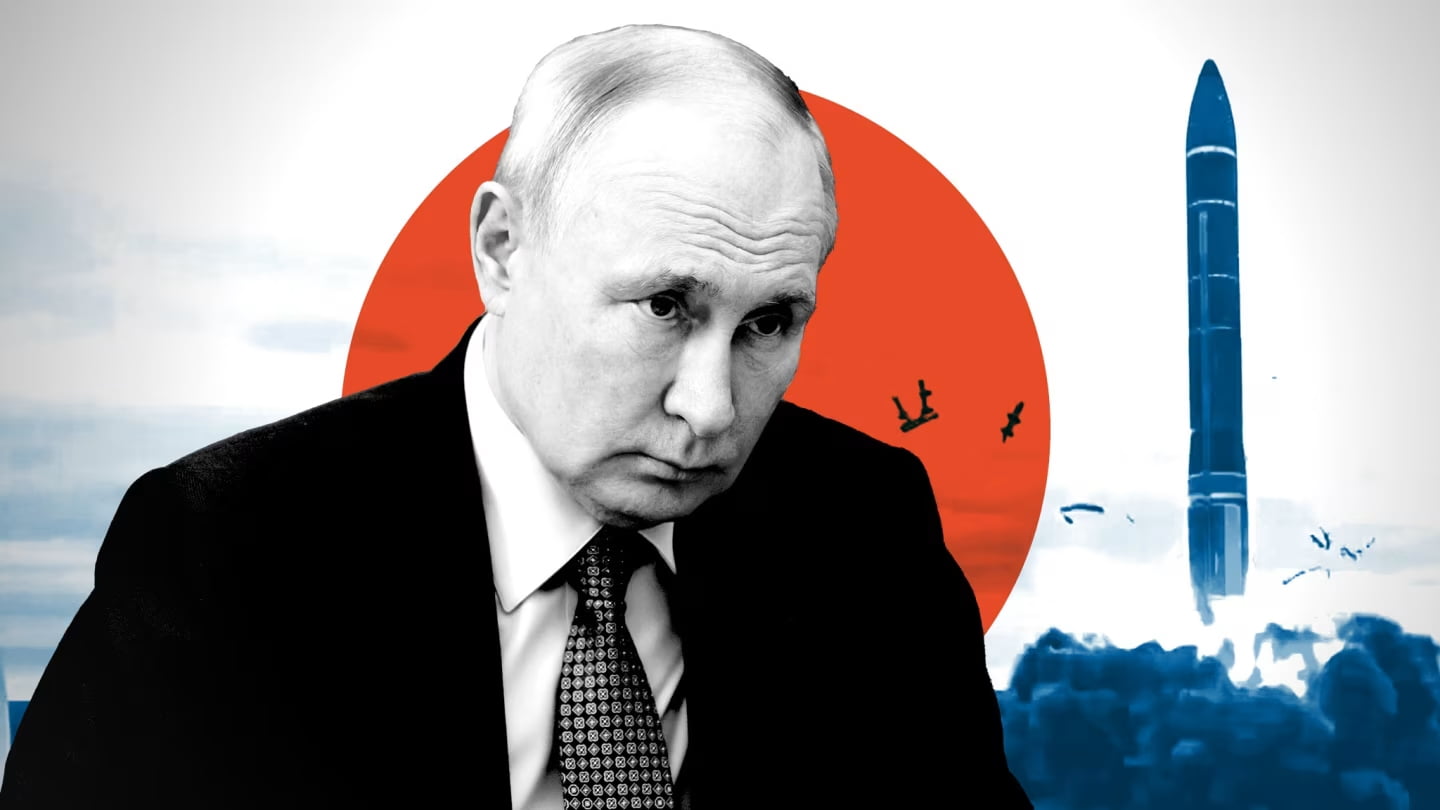The artificial intelligence (AI) industry was caught between euphoria and caution. Alphabet (Google), Amazon, Meta and Microsoft raced to invest, spending nearly $200 billion on AI infrastructure. Nvidia, the leader in AI-chip production, reaped gigantic rewards. Sales of such chips are expected to have doubled in 2024, driving its valuation to nearly $3.4 trillion. Demand for AI servers surged: firms such as Dell and HPE reportedly doubled their sales. But cracks began to show. The soaring energy costs of training and running generative AI models raise questions about long-term economic viability.
Tag: North Korea
Why Nuclear Weapons Remain the Privilege of the Few?
While a lot of countries associate the possession of nuclear weapons as a huge plus to their geopolitical power, there are still some that fear the consequences and stay within the protected boundaries of conservatism while going international. No matter how awed we can be when seeing nuclear missile tests or new launches happen, we still have a long way to go to see what constitutes hegemony very easily here and how only 9 countries in the world have gone nuclear so far. The problem with this distinction is, it is no longer dependent on resources or military strength, but rather a very calculative set of steps that go beyond what a simple human can imagine.
Decoding the Economy of an Isolationist Country
Being one of the most isolated, secretive, dark and censored countries in the world, North Korea continues to baffle audiences and surpass trends of journalistic opportunity. It has one of the largest militaries in the world, a staggering domestic infrastructure and much speculation as to what goes on inside the closed-to-exhibition country. The citizens aren’t allowed to venture outside and no official economic data has been published since 1965, which is both scary and bold at the same time.
North Korea fires Ballistic Missile, Heightening Tensions with Japan
The West claims that Moscow’s support for North Korea’s missile programme has been crucial to its defence posture in the region vis-a-vis American presence in the region. Pyongyang openly defies a ban imposed by the United Nations Security Council on developing ballistic missiles. North Korea asserts international objections against its missile programs as infringement of its sovereign right to defend itself.
To what extent has North Korea achieved Economic Liberalisation?
North Korea has a communist style of governance, and the role of market allocation schemes is limited. Basically, the country has a centrally planned economy with a total GDP of nearly 20 billion USD. It was expected to reach 21.24 USD billion by the end of 2023 and 25.06 USD billion in 2024. Comparably, North Korea’s GDP is 57 times smaller than that of South Korea’s GDP. The Gross Value Added (GVA) of the country is dominated by agriculture, followed by the manufacturing and construction sectors. North Korea had a similar GDP to its neighbour from the time of the Korean War until of mid-1970s. However, estimating the isolated nation’s GDP is actually a difficult task because of the lack of availability of data.
Chinese Cyber Agents likely to disrupt upcoming Election in India
The report also sheds light on the Chinese cyber actors, who are actively involved in spying and other cyber operations around the world. They have been using AI-generated content to intensify tensions, particularly in the disputed Asia-Pacific region and in the US. One notable group that is known for carrying out such activities is Storm-1376. They have been identified for intensifying their use of AI-generated news reports and memes. These tactics were used during Taiwan’s presidential elections, where they targeted political candidates, including spreading misinformation about William Lai, a candidate belonging to Taiwan’s Democratic Progressive Party, a party that nurtures anti-Chinese sentiments.
North Korea test fired Intermediate-Range Ballistic Missile
Guns and Bullets is our popular newsletter offering critical intelligence, in-depth commentary and news on current ongoing wars and conflicts around the world. In this issue we have covered “North Korea test fired Intermediate-Range Ballistic Missile” and quick roundup of news.
Feasibility of Nuclear Weapons as Deterrents
Initially, it was considered as a new means of warfare with an unprecedented destructive power. In the Cold War period, the creation of Soviet nuclear weapons especially after the Cuban missile crisis forced the then two superpowers to reconsider their views regarding the use of nuclear weapons as an offensive measure. This article will assess the credibility of nuclear deterrence in today’s geopolitical turmoils



